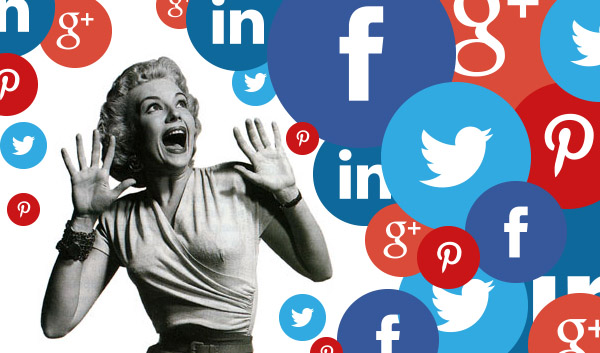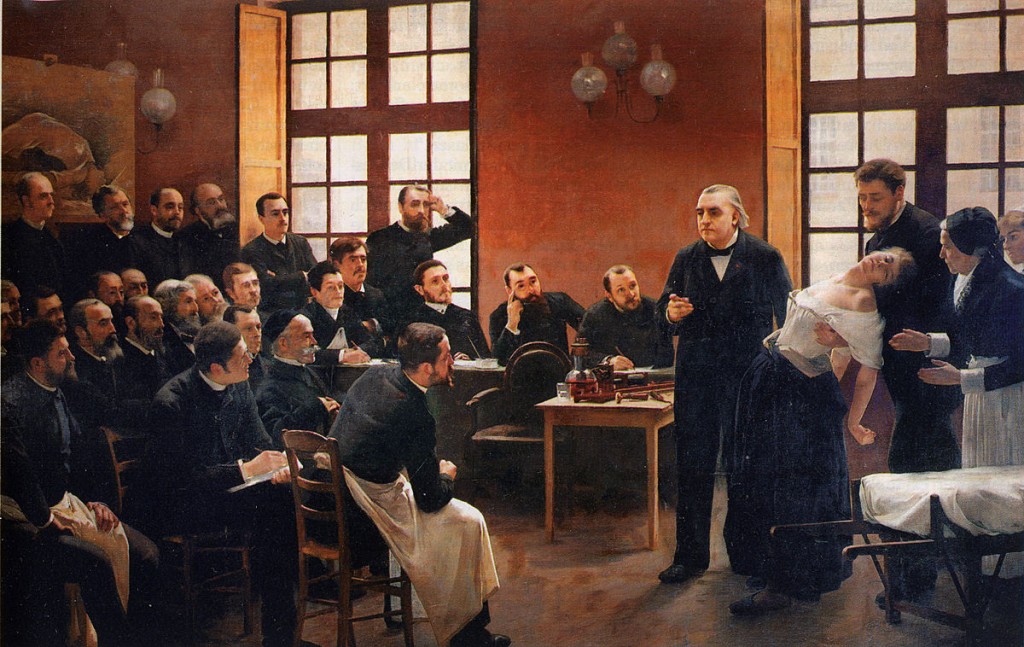
In this blog, Áine (BioResource Undergraduate Placement Student 2024-2025) discusses the portrayal of anxiety in the movie Inside Out 2.

In this blog, Áine (BioResource Undergraduate Placement Student 2024-2025) discusses the portrayal of anxiety in the movie Inside Out 2.

Next year, the average British person will check their phone more than 10,000 times and 4,000 of these will be made compulsively. Facebook. Instagram. Snapchat. Most of us have an account on at least one of these social media platforms and they often play a big part in our lives….
On the 28th of November the BBC and BBC Radio 5 Live were raising awareness for mums and mental health. Mothers everywhere were invited to join in online using the hashtag: #MumTakeOver. They had presenters come in to discuss their own, sometimes difficult experiences of having babies and becoming mothers….

‘Time to change’ is a movement working to change the way people think and act about mental illness. They have released an advert ‘be in your mate’s corner’ where a man who is struggling with mental health issues is supported by some friends. This advert works to normalize the discussion…

Sometimes you find yourself stumbling across little titbits of surprising information. Those moments that stop and make you go “Huh”. Some of these moments are more surprising than others. So today, for your blog enjoyment, I present you with a carefully curated series of things I learned this week. Things…

Gender conventions and expectations have shaped the history of research into mental illness. Going forward we must be conscious of this influence – and encourage more males to participate in psychological research.

In my last post, I highlighted a particularly glamorised portrayal of mental illness – that of the depression suffered by the Lisbon sisters in the film ‘The Virgin Suicides’ – and the potential consequences of this kind of portrayal. The film’s director and producer might argue that theirs was an artistic,…

I have always been in admiration of cinema, believing it can be a powerful tool to convey a message to an audience who would otherwise have not been listening. For example, with films such as Erol Morris’ The Thin Blue Line, a criticism on the validity of eyewitness testimonies in court cases, I found…
Recent Comments